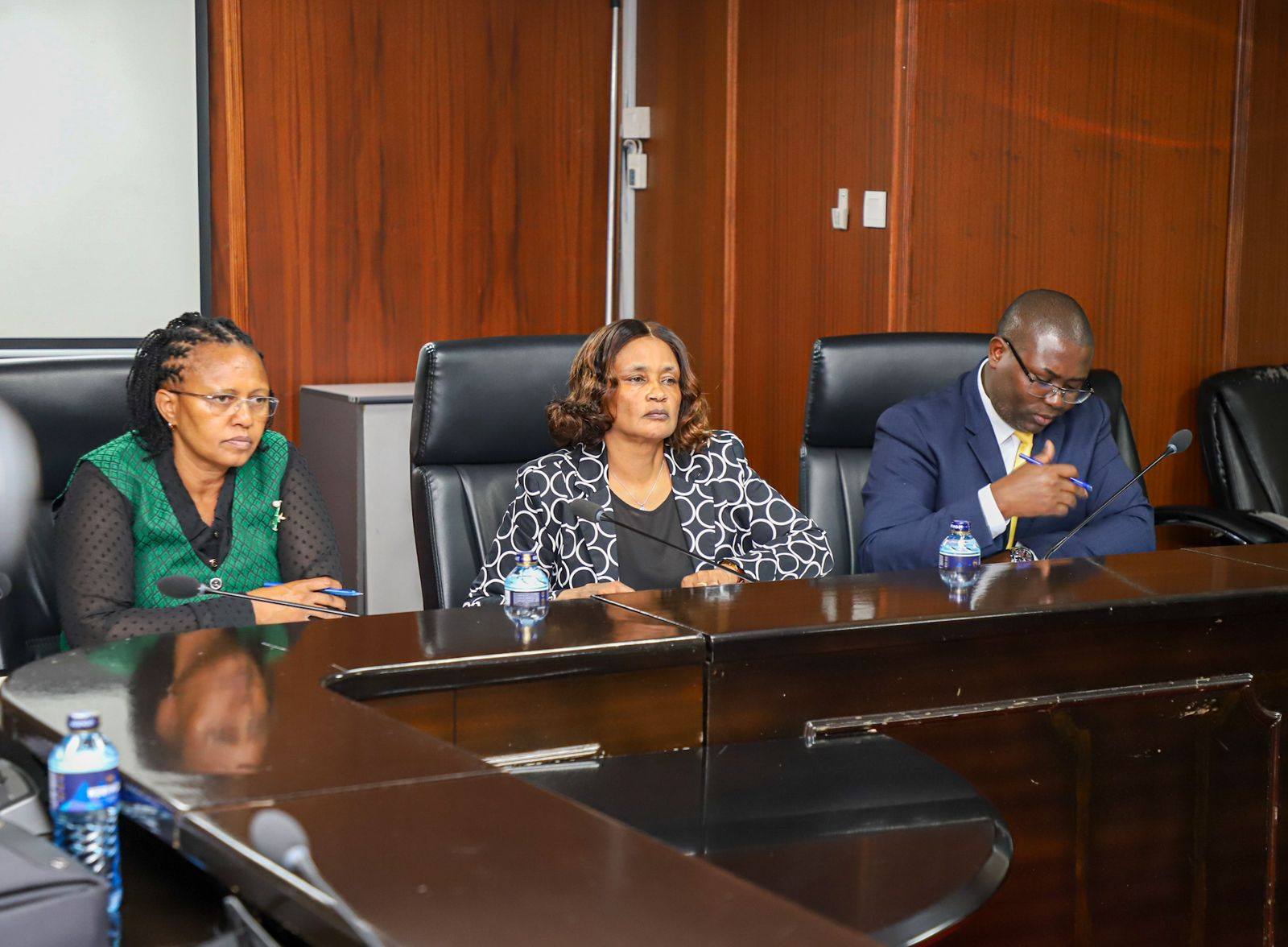TSC on the spot over teacher recruitment bias

According to the TSC recruitment score sheet, science teachers are awarded 65 marks, making them far more likely to secure employment than their counterparts.
The Teachers Service Commission (TSC) is facing criticism over its teacher recruitment policy, which heavily favours science graduates while leaving thousands of humanities and language teachers unemployed for years, despite schools experiencing shortages of English and Literature tutors.
Teachers have described the policy as discriminatory, arguing that it goes against the principle of equal opportunity in employment.
According to the TSC recruitment score sheet, science teachers are awarded 65 marks, making them far more likely to secure employment than their counterparts.
Humanities teachers such as those in Geography, History, and Religious Studies receive only five marks.
As a result, fresh science graduates are absorbed almost immediately, while humanities and language teachers, including those who completed their studies many years ago, remain without jobs.
Mathematics teachers rank second with 55 marks, while those teaching technical and creative subjects are allocated 40 marks. Language teachers are given 25 marks, leaving humanities at the bottom with just five.
Age also influences recruitment, with teachers aged 45 and above earning 10 marks, those aged 40–44 years receiving nine, and applicants under 34 years awarded seven.
Graduation year is another factor, where teachers who completed studies before 2016 are given 20 marks, those who graduated in 2017 receive 18, 2018 graduates get 16, while those who finished in 2025 earn only two marks.
Academic performance adds to the scores, with distinctions securing five marks, credits four, and passes three.
Co-curricular involvement is also assessed. “Teachers who have guided learners to international competitions in sports, drama, or music are scored higher than those whose pupils succeeded at the national level,” the commission said.
TSC said promotion opportunities are based on vacancies available across schools. The commission also prioritises posting female teachers as heads of girls’ schools to act as role models and maintains gender balance in mixed institutions.
On inclusivity, the commission noted that teachers with disabilities are guaranteed at least five per cent representation in each promotion cycle. In the 2024/2025 financial year, 1,275 PWD teachers were promoted, making up 5.049 per cent of the total.
Despite this, a section of teachers has written to the TSC protesting the recruitment framework, faulting the subject weight gap that locks out thousands of qualified teachers.
“Ironically, despite sidelining language and humanities teachers, JSS schools still lack sufficient language teachers, especially English/Literature teachers,” the tutors said in a letter dated August 26.
They added that in many schools, science teachers are being forced to handle language classes for which they were never trained, a move they say compromises the quality of education and weakens the Competency-Based Education (CBE) curriculum.
“The disparity disregards equal opportunity and undermines the quality of education,” the teachers said.
